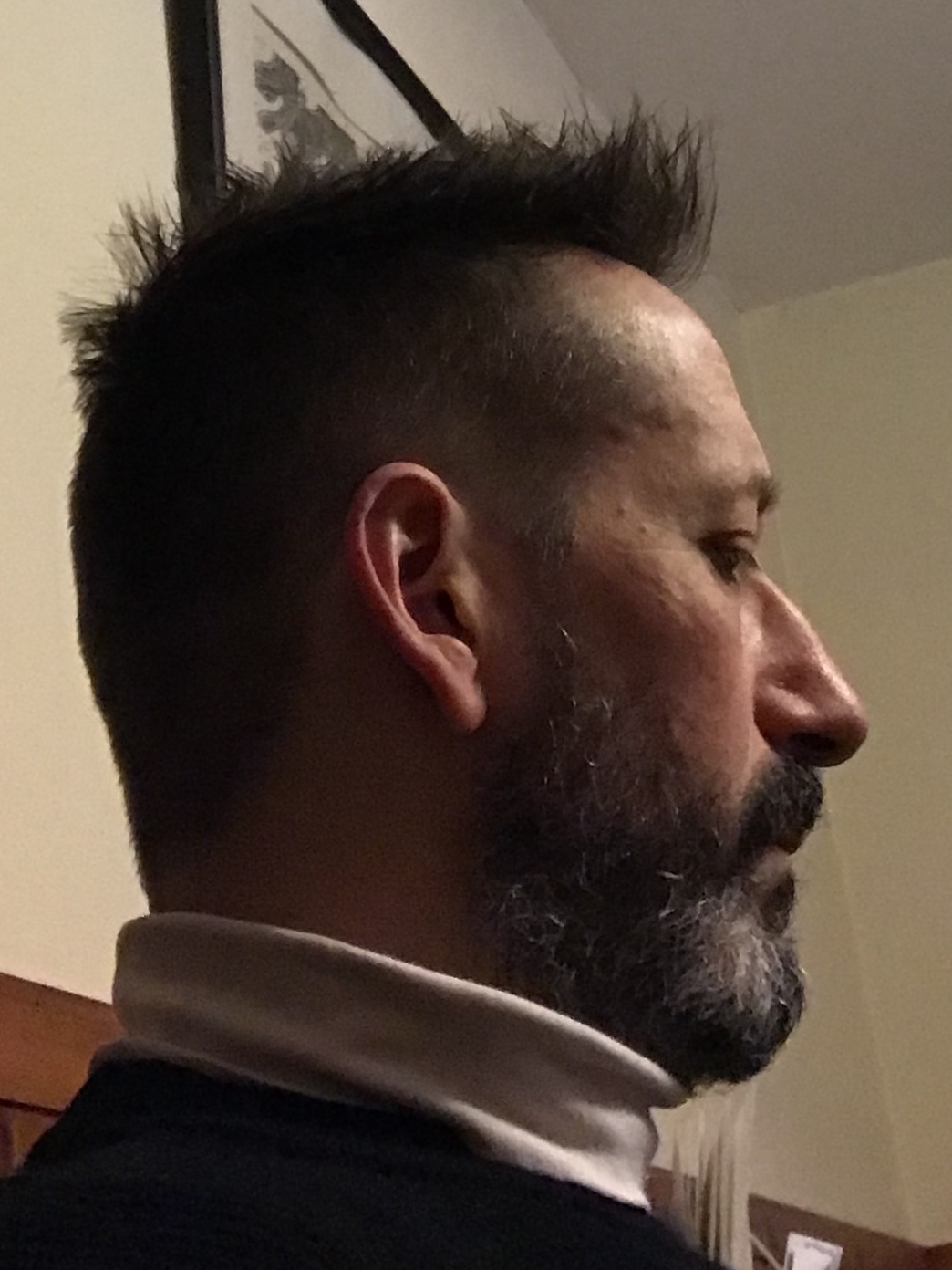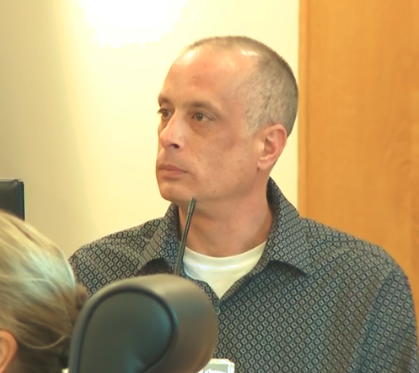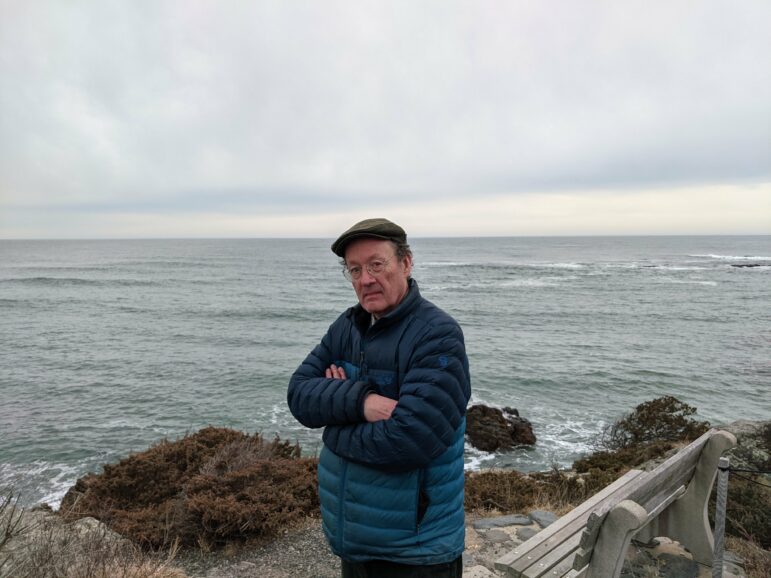By MICHAEL DAVIDOW, Radio Free New Hampshire
I recently wrote about the death of Bob Dole, whose honorable life was nevertheless marked by some of the same rhetorical excesses that still stain the Republican Party today (in a much worse form than that stolid man from Kansas would have ever countenanced). Another pair of recent deaths are causing me to look at the other side of our nation’s political divide.
Eve Babitz and Joan Didion were paired in their lives; their dying a mere hours apart is one of those little ironies that both of them would have teed off on, in their prose. They were writers from California and I read just enough of each one to admire their abilities. These women wrote exceedingly well.
Babitz was from Los Angeles. She grew up in the film industry, where her father worked as a musician. She hung around with famous people and developed a personality cult that would have been annoying had she herself not viewed it with such penetrating wit. She reminded people of Dorothy Parker, only a bit more willing to appear naked in public (a photograph of her playing chess in the buff with the artist Marcel Duchamp marked her entrance onto the national stage). She was rediscovered late in her life by a group of young feminists, who found her bold personality and arch style to be so much literary catnip.
Didion came from Sacramento; hers was one of those old California families more interested in farming than movies. But she too made her mark by writing about Hollywood and its various excesses, eventually branching out into politics and culture in general. Unlike Babitz, she was not so much known for wry detachment, as for detachment itself. The world seemed to always disappoint Joan Didion, though her fondness for certain things (John Wayne, for instance) still made it bearable.
These women emerged in the sixties, that endlessly self-involved era, and they never seemed to escape its pull. They grew old, but they remained individualists. People loved them for it.
I once would have thought that was a good thing. American culture has always presented two faces: that of conformity and that of rebellion. I always thought I knew where I stood. I never fit into any corporate scheme, and I still have trouble doing so. I respect people who think for themselves and I question those who do not.
But that attitude can lead to trouble. In the past, individualists have been in the minority; practically speaking, that fact defined them. They have stood outside the main wave of material progress and pointed out its flaws, the places where hypocrisy not only stained but corroded the inner workings.
What we have today is the opposite: a main wave composed of individualists, and a small side component of institutionalists — people increasingly disturbed by what is happening around them, and increasingly hamstrung by their own historical stance.
After all, we can’t say that individual expression is only for the few; we can’t pick and choose who has the right to proclaim, “this is the real me.” And if there are more “real me’s” who hate vaccination, who fear the ethnic other, who insist on a false dichotomy between science and faith, neither Didion nor Babitz have an answer for them. Liberals have turned out to be America’s true institutionalists; which is to say that we have turned out to be the true conservatives.
Writers of the past used to churn out big novels that described the arc of life itself, from youthful rebellion, to the reluctant acceptance of middle-aged responsibility, to the grace and peace of contented old age. Each stage of life was marked by a different attitude towards the world. It might not have been realistic, but it still spoke to the truth. Because as we grow older, we realize that our parents were not so crazy after all; that the ancient virtues of hard work and self-abnegation are not only important to the functioning of the world around us, but the very stuff of self-worth.
Our country lost that in the sixties. Too many of us grew old, but stayed young inside, and were celebrated for doing so. Too many of us valued the mere act of self-expression more than what we were actually saying,
And it bears repeating: Donald Trump was the youngest president we ever had. Spiritually speaking, he was little more than a toddler. He was also a child of the sixties. That was no coincidence. Any other era would have chewed him up and spat him out.
He is the author of Gate City, Split Thirty, and The Rocketdyne Commission, three novels about politics and advertising which, taken together, form The Henry Bell Project, The Book of Order, and his most recent one, The Hunter of Talyashevka . They are available on Amazon and Barnes and Noble.





